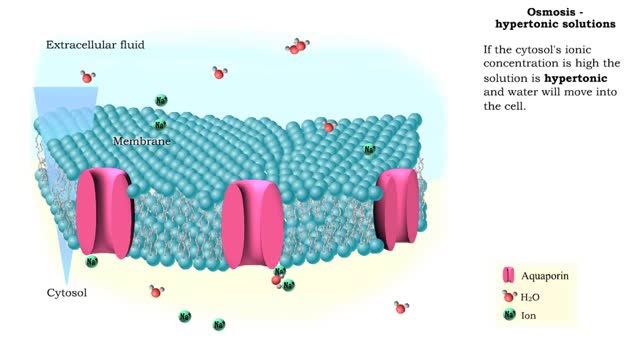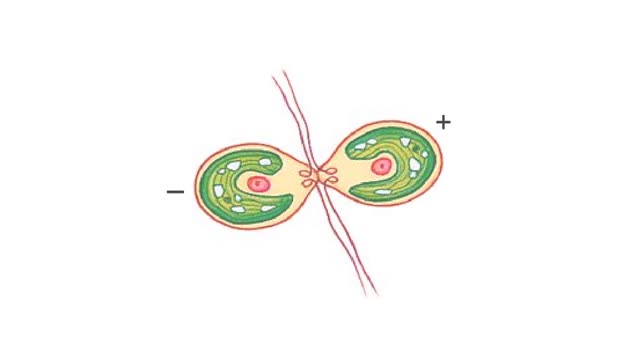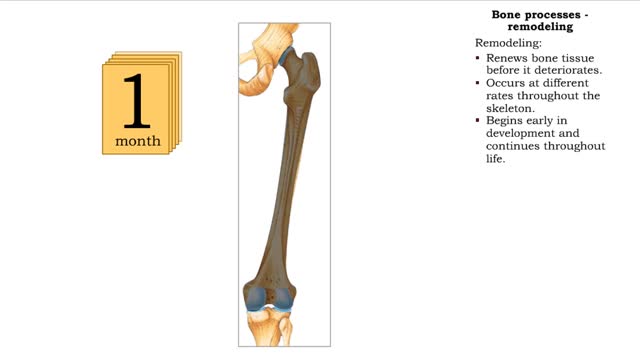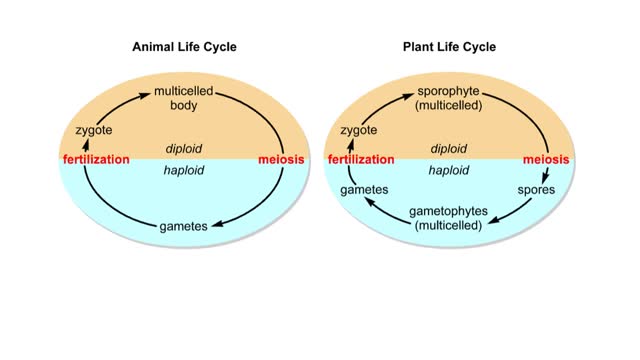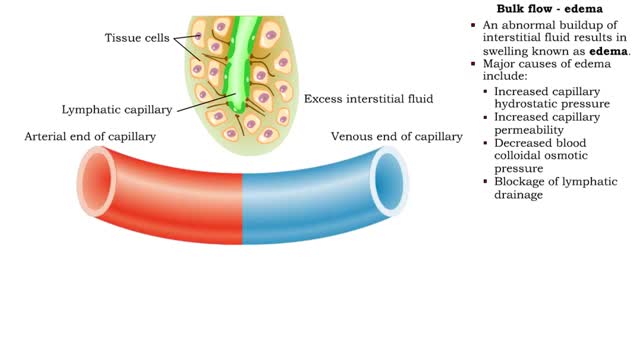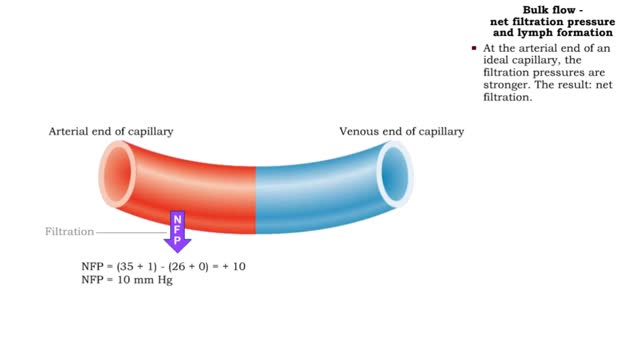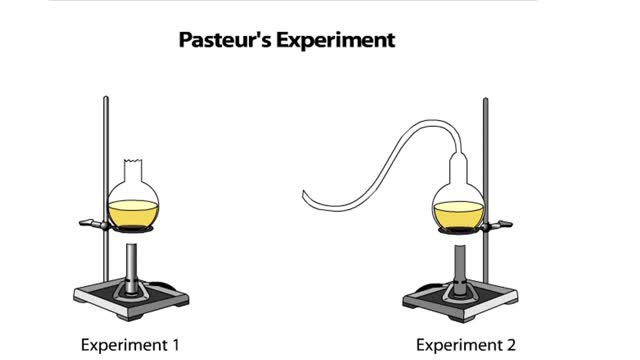Search Results
Results for: 'osmosis pressure real life examples'
Osmosis - Isotonic, Hypotonic, and Hypertonic Solutions
By: HWC, Views: 11810
Isotonic: Equal Water moves in and out of the cell at an equal rate. The cell remains unchanged. Hypotonic: "hypo" hippo Water moves into the cell, making it swell and get fat (like a hippo). Eventually the cell can rupture and burst (aka lyse). Hypertonic: "like a raisin" Water leaves...
Cellular slime mold life cycle Animation
By: HWC, Views: 6053
Life cycle of Dictyostelium discoideum, a cellular slime mold Animation. Amoeba-like slime mold cells live in the soil, where they feed on bacteria. The free-living cells grow and reproduce by mitosis. When food dwindles, the amoebas stream toward one another in response to a chemical...
Bone processes - resorption and deposition, remodeling and response to stress in adult bones
By: HWC, Views: 11972
• The process of remodeling bone tissues involves bone cells resorbing or depositing minerals into bone tissue. • During resorption, bone cells break down bone tissue and release calcium and other minerals for use by other cells in the body. • Bone cells also rebuild bone tissue by depo...
Generalized life cycles for plants and animals Animation
By: HWC, Views: 6028
But the life cycles of plants and animals differ in their details. In animals, a multicelled diploid stage gives rise to single-celled haploid gametes, the eggs and sperm. These gametes combine at fertilization to form a diploid zygote, which grows and develops into a new multicelled animal...
Net filtration pressure and lymph formation, edema & blood velocity
By: HWC, Views: 11541
Bulk flow -net filtration pressure and lymph formation • The net filtration pressure (NFP) is the force promoting filtration minus the force promoting reabsorption. • At the arterial end of an ideal capillary, the filtration pressures are stronger. The result: net filtration. • At t...
Bulk flow - Factors that influence bulk flow
By: HWC, Views: 11952
• Bulk flow helps regulate the relative volumes of blood and interstitial fluid. • Flow from blood to interstitium is called filtration. ■ Flow from interstitium to blood is called reabsorption. ■ Four factors determine the net direction of capillary exchange. ■ These factors in...
By: Administrator, Views: 15044
Coronary heart disease accounted for 23.5 percent of all deaths in the U.S. in 2008. According to the Centers for Disease Control and Prevention (CDC), about 735,000 Americans have a heart attack each year. Warning signs and symptoms include chest pain or discomfort and shortness of breath. Ex...
By: HWC, Views: 11177
Louis Pasteur designed a procedure to test whether sterile nutrient broth could spontaneously generate microbial life. To do this, he set up two experiments. In both, Pasteur added nutrient broth to flasks, bent the necks of the flasks into S shapes, and then boiled the broth to kill any existing...
By: Administrator, Views: 14834
Pre-eclampsia (PE) is a disorder of pregnancy characterized by the onset of high blood pressure and often a significant amount of protein in the urine. When it arises, the condition begins after 20 weeks of pregnancy. In severe disease there may be red blood cell breakdown, a low blood platelet c...
Advertisement



